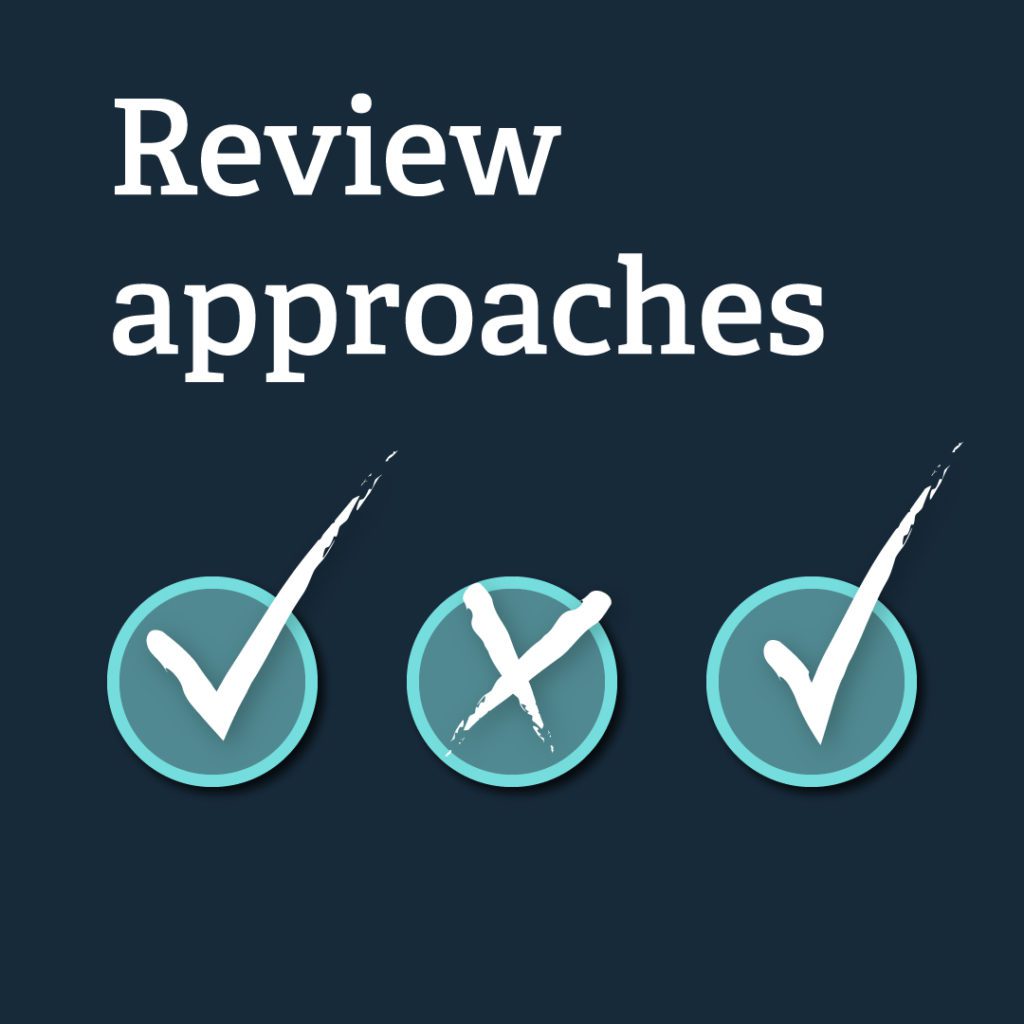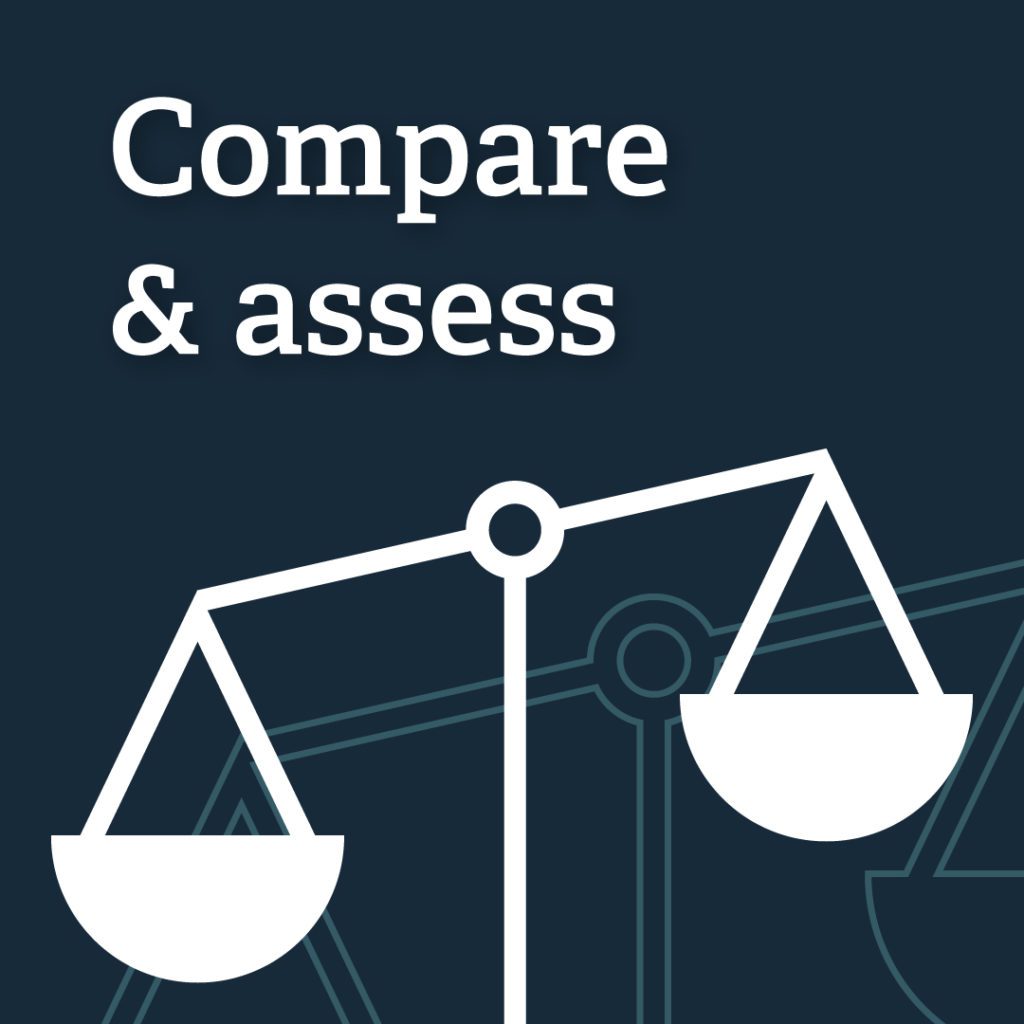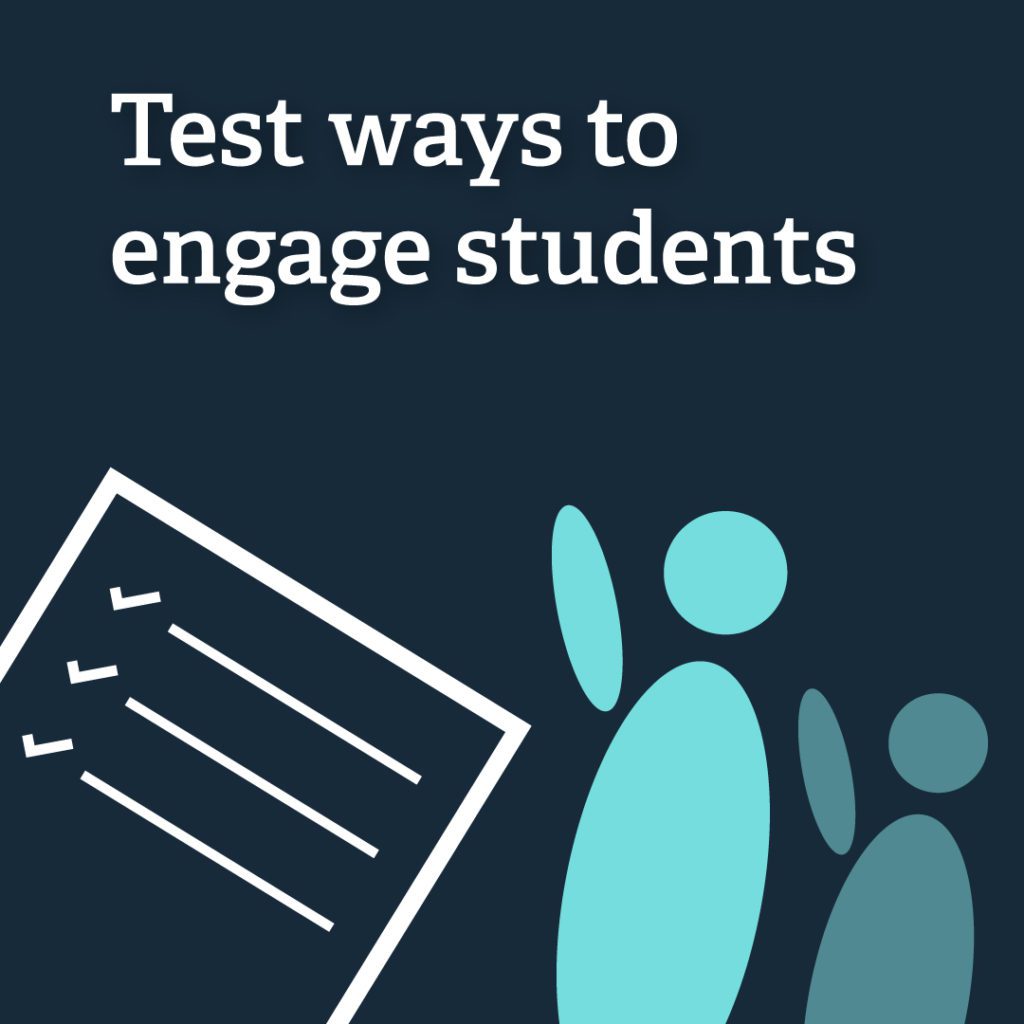Measuring student engagement with sustainability by WPI students (words) and University of Worcester student Joe Toft (illustrations)
As part of the partnership between the University of Worcester and Worcester Polytechnic Institute, a large cohort of students have collaborated on joint research projects.
Responsible Futures (RF) is a framework developed by the National Union of Students (NUS/ SOS-UK) through which Universities’ and Students’ Unions’ social responsibility and sustainability engagement is measured and accredited.
Piloted at the University of Worcester in 2012, the purpose of the RF programme is to ensure that students emerge from university with the knowledge and skills to deal with the climate crisis and be socially responsible citizens. Feedback from the partnership indicates that the accreditation process has had significant value, including developing credibility and funding; fostering better relationships and engagement between the institution, staff and students’ unions; and incorporating education for sustainable development in the institution’s curriculum (Responsible Futures Overview, 2020). The University and Students’ Union were delighted to obtain the inaugural National Union of Students Responsible Futures accreditation in 2015 and have been reaccredited for the fourth time in June 2022. This demonstrates real action on education for sustainable development and the whole institution’s approach to sustainability and social responsibility. Learn more about current work here.
The overall goal of this project was to assess how aspects of the RF programme may be improved, with a particular focus on measuring student engagement and awareness around sustainability. The research focused on the accreditation programme’s criteria and auditing protocols to make it more applicable outside of the UK. This was accomplished through the following four objectives:
- Objective I: Review the current and future RF approaches.
- Objective II: Compare RF with other evaluative tools to assess how to improve the universality of the Impacts and Outcomes criteria of RF.
- Objective III: Explore the potential for using the RF approach in the Global South.
- Objective IV: Test creative ways to engage students in data collection regarding how they interact with sustainability efforts on campus




To collect data on the RF programme, as well as information about additional benchmarking tools and universities, the researchers conducted over 20 interviews with professionals from various fields. They also attended a two-day audit training process with students auditing Aston University to experience the RF protocol first-hand. Both of these were in addition to conducting our own research into RF and similar programs like The Association for the Advancement of Sustainability in Higher Education’s Sustainability Tracking Assessment & Rating System and the Times Higher Education Impact League accreditation.
Findings concluded ways in which the tool could be improved and ways in which other programmes could learn from RF. The research identified valuable information about student engagement and how to best involve the student body in sustainability efforts on and off campus. Based on these findings, four recommendations have been put forward to the RF team and the University of Worcester and Worcester Students’ Union which they suggest could enhance student engagement with and awareness of sustainability issues:
- Recommendation I: RF should implement a way to measure progress between accreditation periods.
- Recommendation II: RF should create a glossary of sustainability-related terms to clarify criteria.
- Recommendation III: RF should use social media and tracking software to measure student engagement.
- Recommendation IV: RF should make more aspects of the accreditation process public information.
For more information about this project, please get in touch with Katy Boom at k.boom@worc.ac.uk.